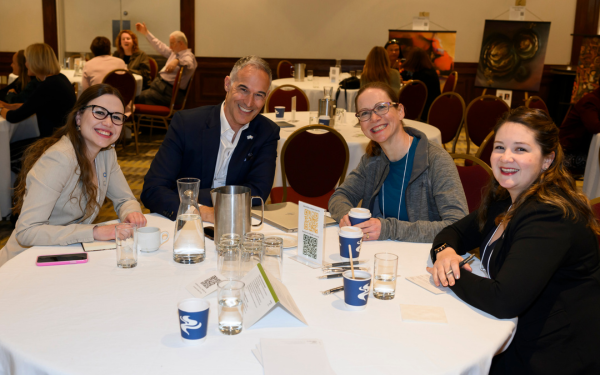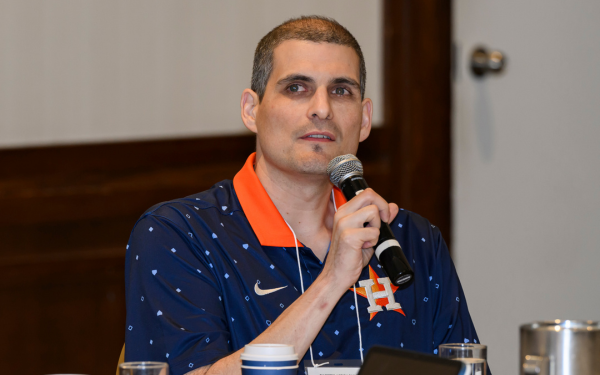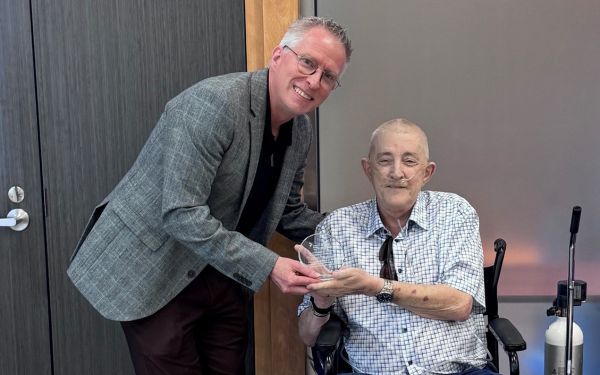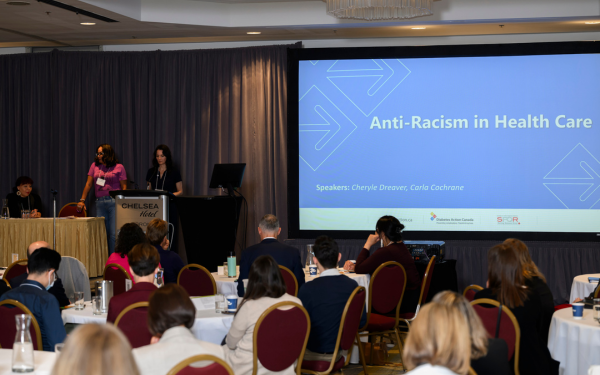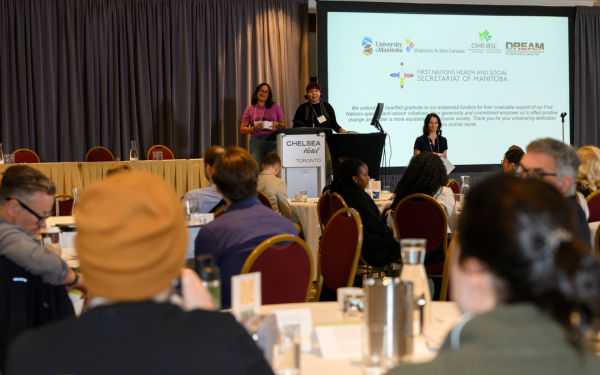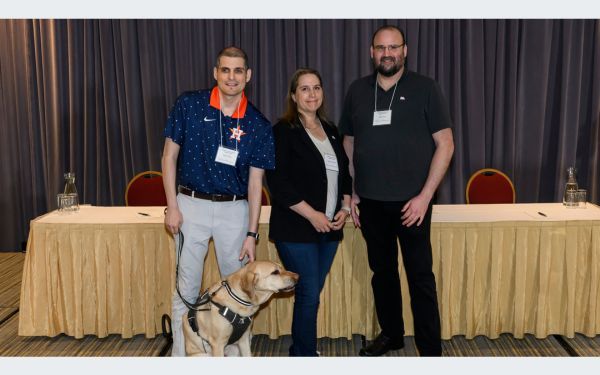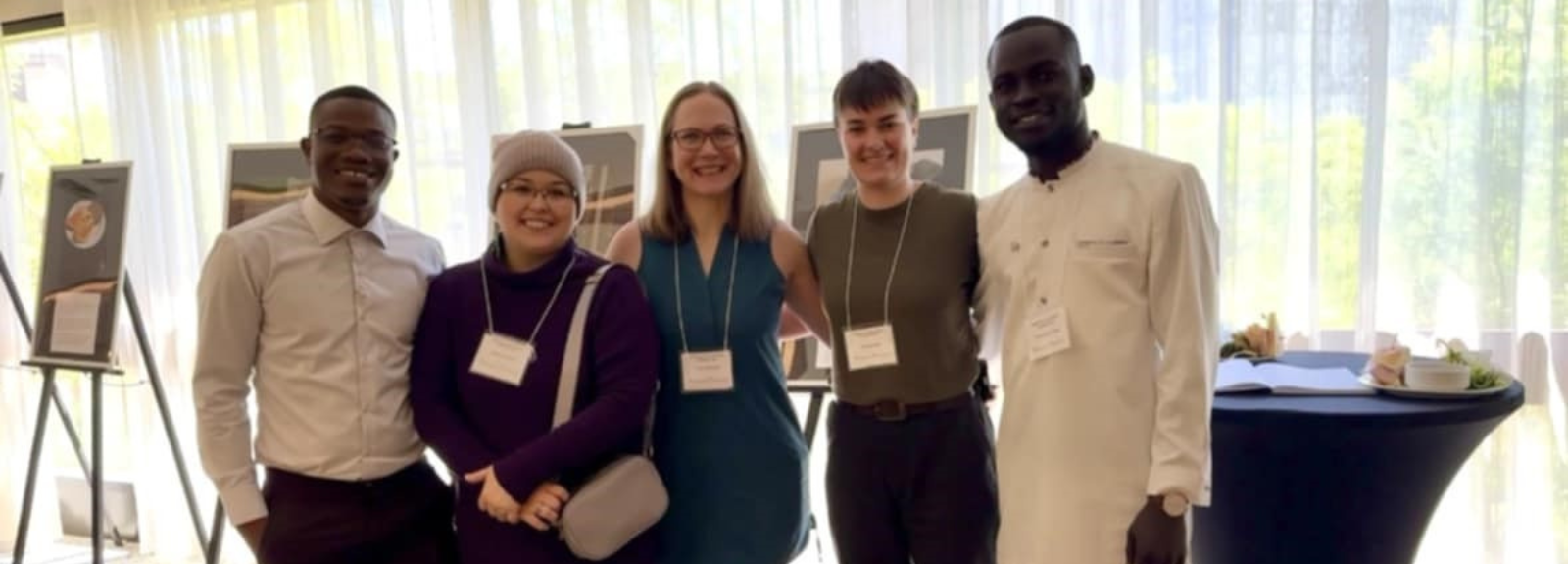Meaningful connections between researchers and patient partners
This is part seven in our series by Patient Partners about their experiences at our recent workshop.
About Katie: Katharine (Katie) Mackett has lived with type 1 diabetes for 25 years. She is a PhD candidate in Clinical Epidemiology at McMaster University (Hamilton, ON) researching equitable access to evidence-based care for individuals living with diabetes. With DAC, Katie is a patient partner who served on the workshop planning committee. She is also an advocate with Diabetes Canada for improving access to continuous glucose monitoring.
Living with diabetes can be relentless, unforgiving, and distressing. With misdiagnoses, poor media representation, complications, inadequate access to life-sustaining medication (to name a few), it is clear there is a lot to be learned about this disease. However, living with diabetes also instills a great deal of strength and determination, which is evident in patient partners.
Partnering with individuals with lived expertise provides researchers a unique lens into the disease they are analyzing. Without meaningful and ethical engagement, it can leave the patient partner feeling as though their voice is unimportant and that their concerns do not carry any merit.
During the DAC 2024 Workshop, “Patient Partners as Agents of Change”, name badges were worn without titles or designations, creating a space for individuals who possess a wealth of knowledge and experience living with diabetes (from newly diagnosed, parents with children living with diabetes, caregivers, to those who have decades of lived expertise), to freely connect with researchers, clinicians, and other stakeholders. I had the opportunity to not only discuss current projects with researchers, but also share my experience living with type 1 diabetes, and how their research impacts me. They echoed the value of engaging patient partners throughout the research process, and we had open dialogue about what meaningful engagement entails. We discussed important considerations such as the type of research to be conducted and the patient partner’s level of comfort with the topic. It was acknowledged that the views of just one person living with diabetes may not represent all the values and concerns of others living with other types of diabetes, emphasizing the importance of including a diverse cohort of patient partners.
Having the opportunity to connect with other patient partners from across Canada was encouraging, and reinforced the fact that we are truly not alone. Our passion and dedication towards improving the lives of those living with diabetes was palpable. We have so much to learn from each other, insight that cannot be learned from a textbook.
I encourage those researching chronic diseases such as diabetes to reach out to the community and collaborate with organizations like Diabetes Action Canada to learn about the lived experience perspective, and engage in meaningful research that will impact generations to come.
